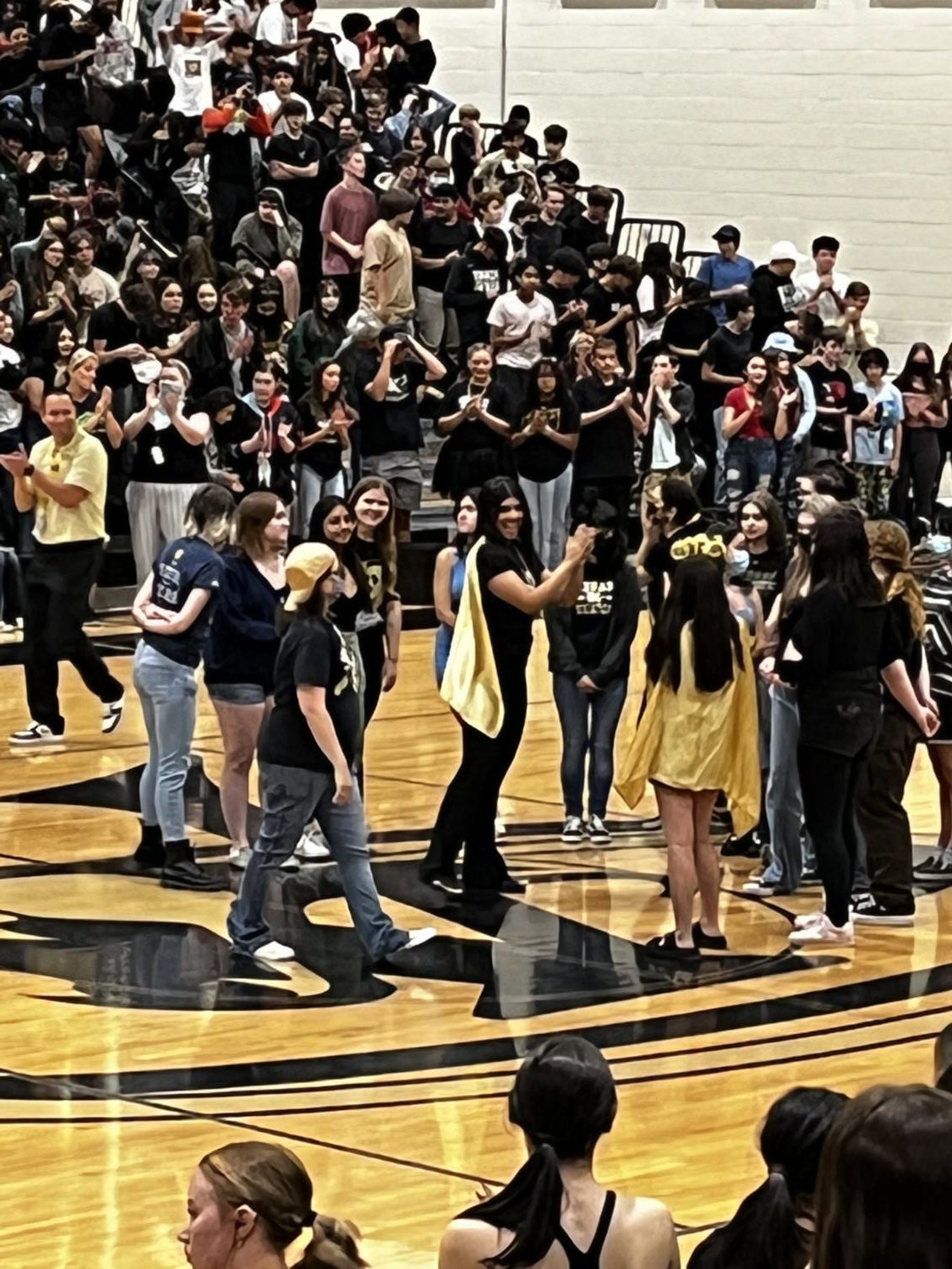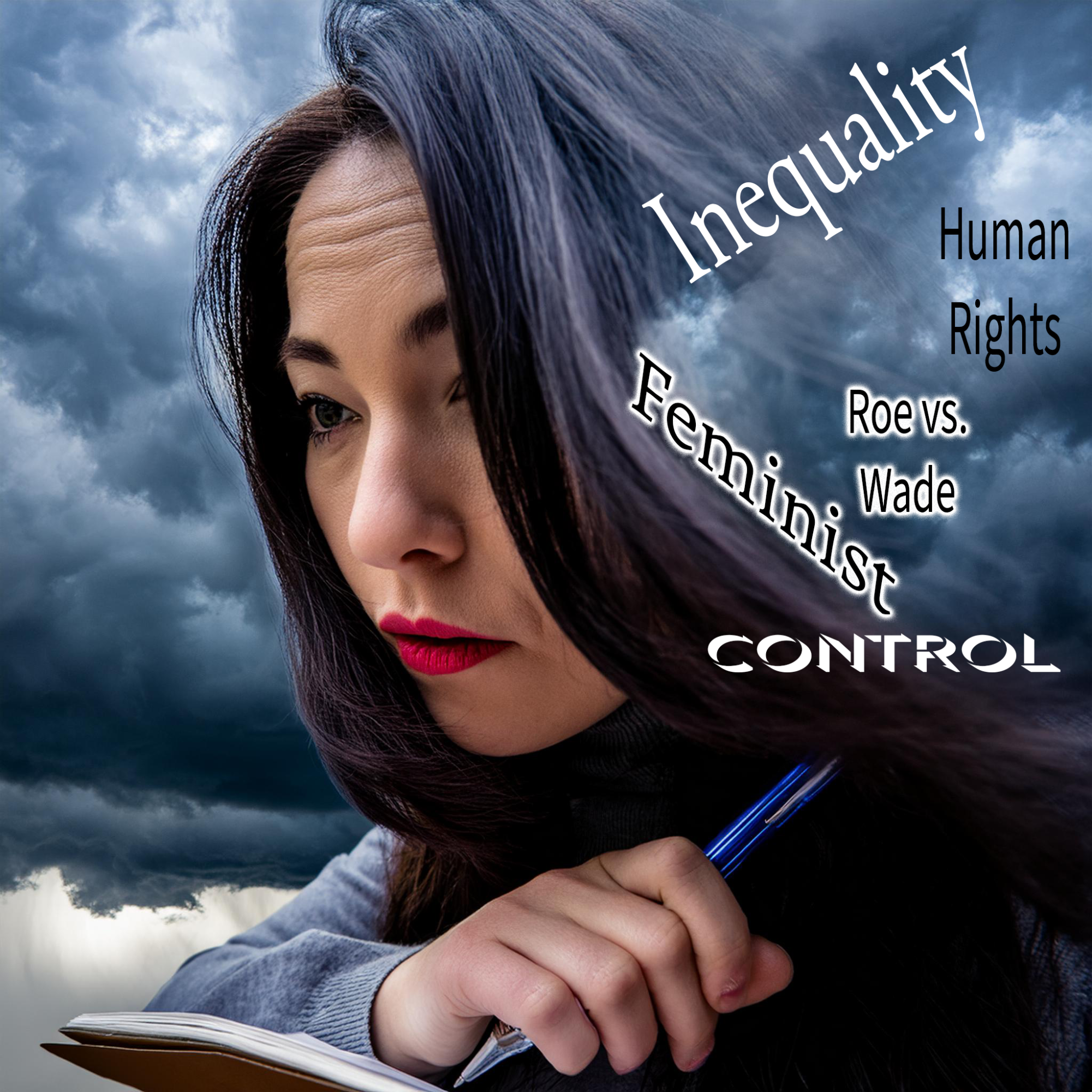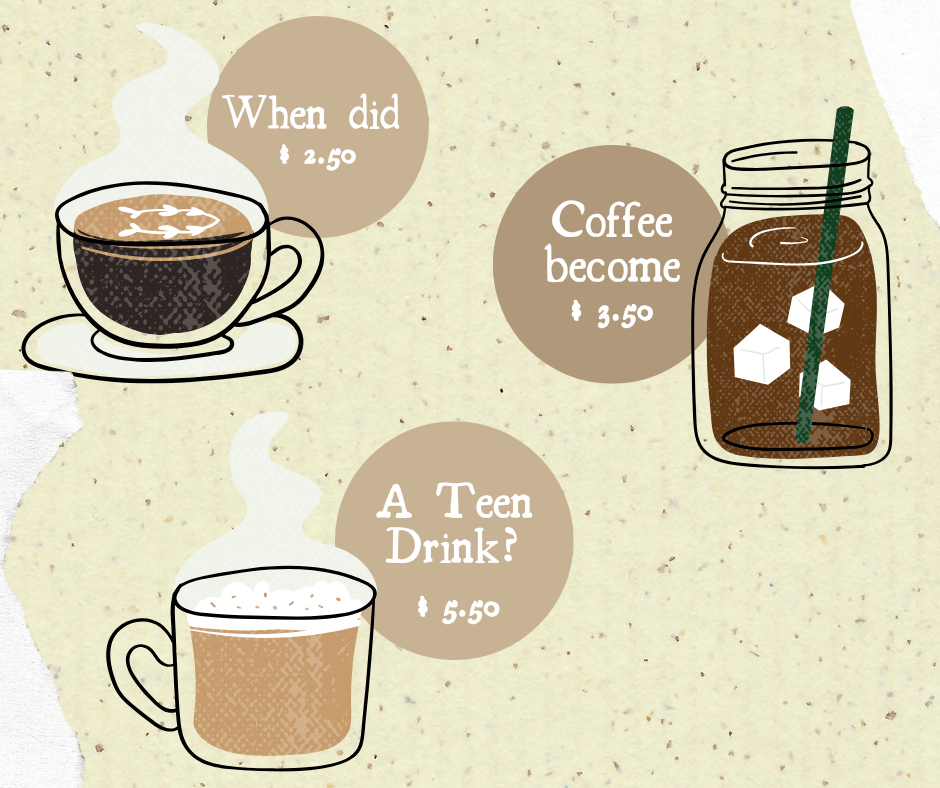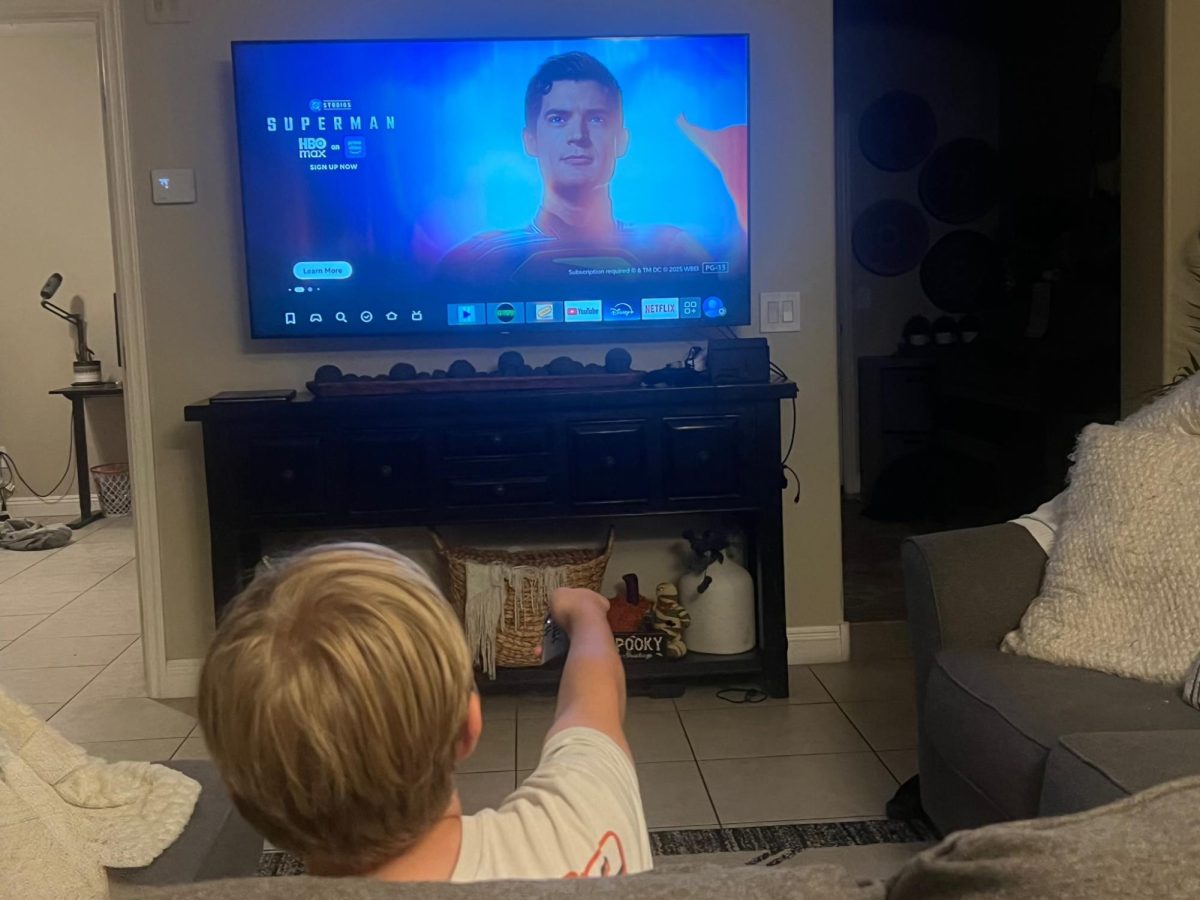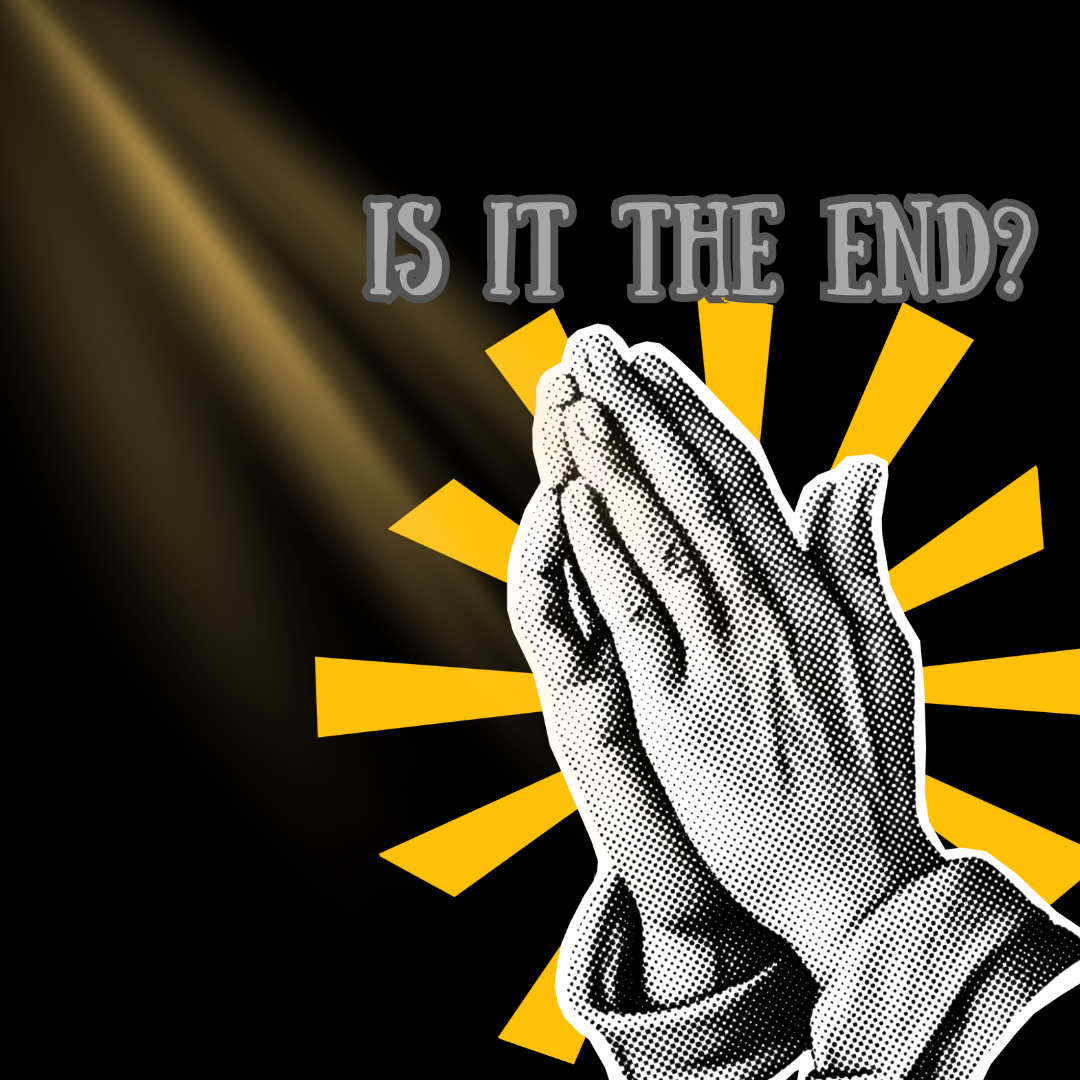“Man has the advantage of choice, women only the power of refusal.” Jane Austen
As long as man has lived, women have never been equal. In 2024, women still do not have basic human rights. Our rights are decided by stuffy, uptight men in finely pressed suits who are not only restricting the rights of women as a whole but the rights of their wives and daughters. In light of the recent abortion laws passed across the US in the past year, Women’s History Month feels as though the battle for equal rights and freedom has not yet been won.
In 2020, the debate of whether or not abortion in the U.S. should be legalized was brought to light once more. Many panels to discuss the passing of such laws include only men. Instead of women being the voices of their rights and bodies, it is men. Presently, 21 U.S. states ban abortion, some of them being a full ban, and others a ban stating that after 18 weeks of pregnancy, you can no longer get an abortion. Many of these laws are ludicrous because often women take months to find out that they’re pregnant.
As the balance of good and evil on this earth is maintained, of course, women cannot expect to be completely equal after hundreds and thousands of years of such treatment. It does not matter how good a person’s soul is, the initial judgment of a person is still unavoidable and dominant.
Women in literature have had the most influential impact, in my opinion, in their expressive writing which was published in times when equal rights for women were either non-existent or just beginning to come to fruition. It’d be ignorant to say that women are the only ones being discriminated against in society today, as many ethnic groups, religious groups, and LGBTQIA+ communities are facing the same issues.
It seems that some things never change like white men in power having constant control over the people of America and across the globe.
“I do not think I ever opened a book in my life which had not something to say upon women’s inconstancy. Songs and proverbs, all talk of women’s fickleness. But perhaps, you will say, these were all written by men.” -Jane Austen
I believe that the best way to trace back to the roots of true feminism is to reflect on the words of Jane Austen, Louisa May Alcott, Sylvia Plath, Virginia Woolf, and Margaret Fuller to name a few. Their situations and the world that they lived in were much less free than ours. Sadly, I still think these writers would be disappointed in today’s world of women’s rights.
Virginia Woolf’s A Room of One’s Own (1929), Margaret Fuller’s Women in the Nineteenth Century (1845), and Jane Austen’s Pride and Prejudice (1813) are classic feminist novels with so many underlying themes of equality we still find applicable today. They are timeless works of art, their words being encouraging and bittersweet at a critical time in women’s history.
We certainly cannot forget Louisa May Alcott’s efforts in women’s suffrage and women’s voting rights.
The ongoing struggle for women’s rights over their bodies remains a battleground in society today, and the need for reflection on feminist literature is growing.
Feminist authors have long been at the forefront of this fight, using their voices and narratives to challenge oppressive systems and advocate for gender equality. Through their literary works, they have shed light on the injustices faced by women, from discriminatory laws to restrictive abortion policies, and have sparked crucial conversations that have paved the way for progress.


